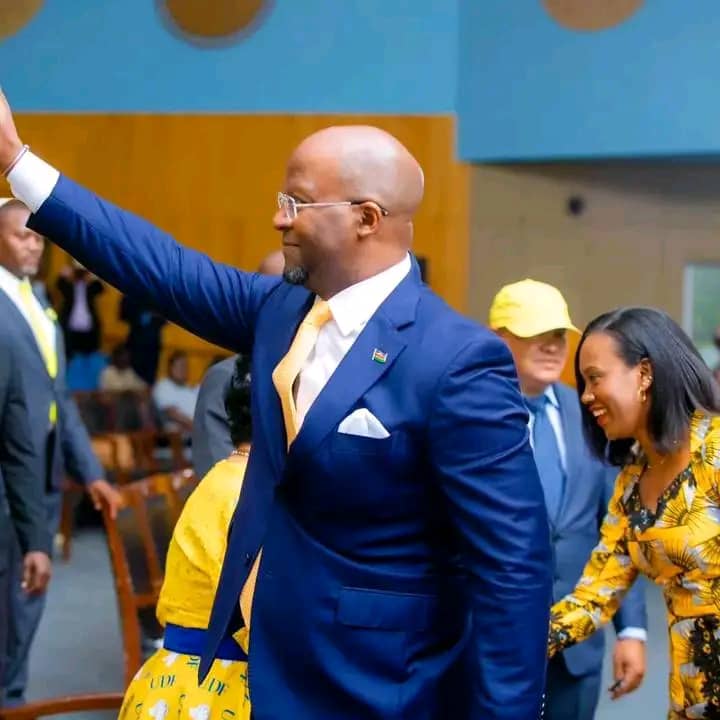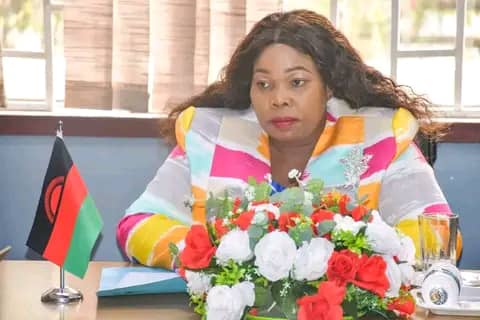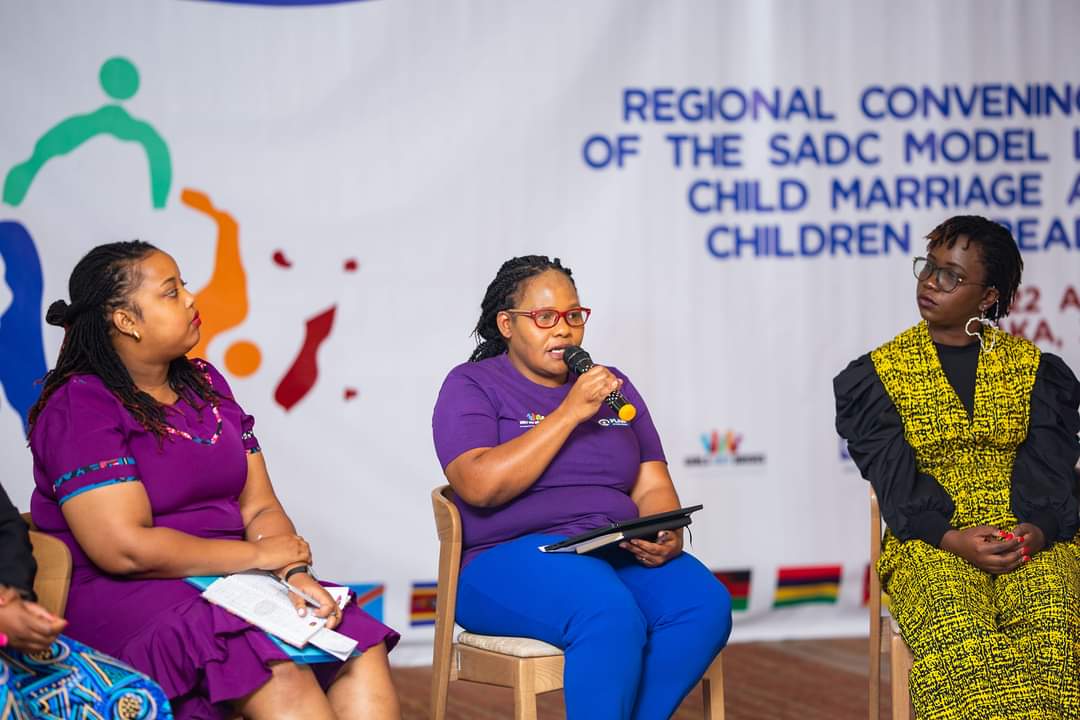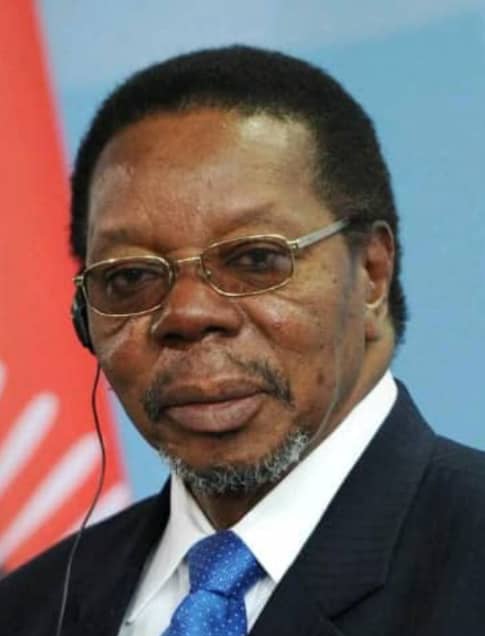By Burnett Munthali
Atupele Muluzi, the presidential candidate for the United Democratic Front (UDF), represents a new chapter in Malawian politics—one grounded in youthful leadership, policy continuity, and national reconciliation.
Born into a political family, Atupele has inherited a legacy of public service, but he has carved his own path through experience, reformist thinking, and strategic alliances.
If elected President on 16 September 2025, Muluzi could bring with him a mix of experience from both the legislative and executive arms of government, having served as Member of Parliament and as a Cabinet Minister in several key ministries.
One of the major benefits Malawi could gain from an Atupele-led government is political stability and unity, especially considering his history of coalition building and his diplomatic approach to governance.
His modern outlook and global exposure offer the potential to attract foreign direct investment, foster economic growth, and expand Malawi’s presence on international platforms.
Atupele’s economic vision—centered on private sector growth, youth employment, and improved public service delivery—could inject much-needed energy into a struggling economy.
Malawi’s youth could particularly benefit from his leadership, as he has consistently emphasized the importance of education, technology, and job creation for the young population.
His health sector experience, especially as a former Minister of Health, could see improved infrastructure, better management of resources, and more accessible healthcare across the country.
Muluzi’s ability to connect with both rural and urban populations makes him a unifying figure capable of bridging social and regional divides in Malawi.
Additionally, Atupele has a reputation for promoting dialogue over confrontation, a trait that could help tone down the toxic partisanship that often paralyzes national development.
In terms of governance, he has expressed a clear commitment to the rule of law, constitutionalism, and the strengthening of democratic institutions.
Under his leadership, civil service reforms could be prioritized to enhance efficiency, accountability, and transparency in public administration.
His push for decentralization could empower local councils and make development more responsive to community needs across all regions of Malawi.
Atupele Muluzi also stands for inclusive governance—bringing women, the youth, and marginalized groups into decision-making processes and ensuring representation at all levels.
His familiarity with regional politics and diplomacy could strengthen Malawi’s position within SADC and the African Union, opening up more avenues for trade and cooperation.
As a relatively young leader, Atupele represents generational change that speaks to modern Malawians yearning for progress without discarding valuable lessons from the past.
Conclusion:
In summary, an Atupele Muluzi presidency offers the prospect of generational renewal, economic revival, and inclusive development. His blend of experience, vision, and temperament positions him as a capable leader who can steer Malawi toward a more prosperous and unified future. If given the mandate on 16 September 2025, Atupele has the potential to be not just a continuation of a legacy, but the embodiment of a new Malawian dream.




